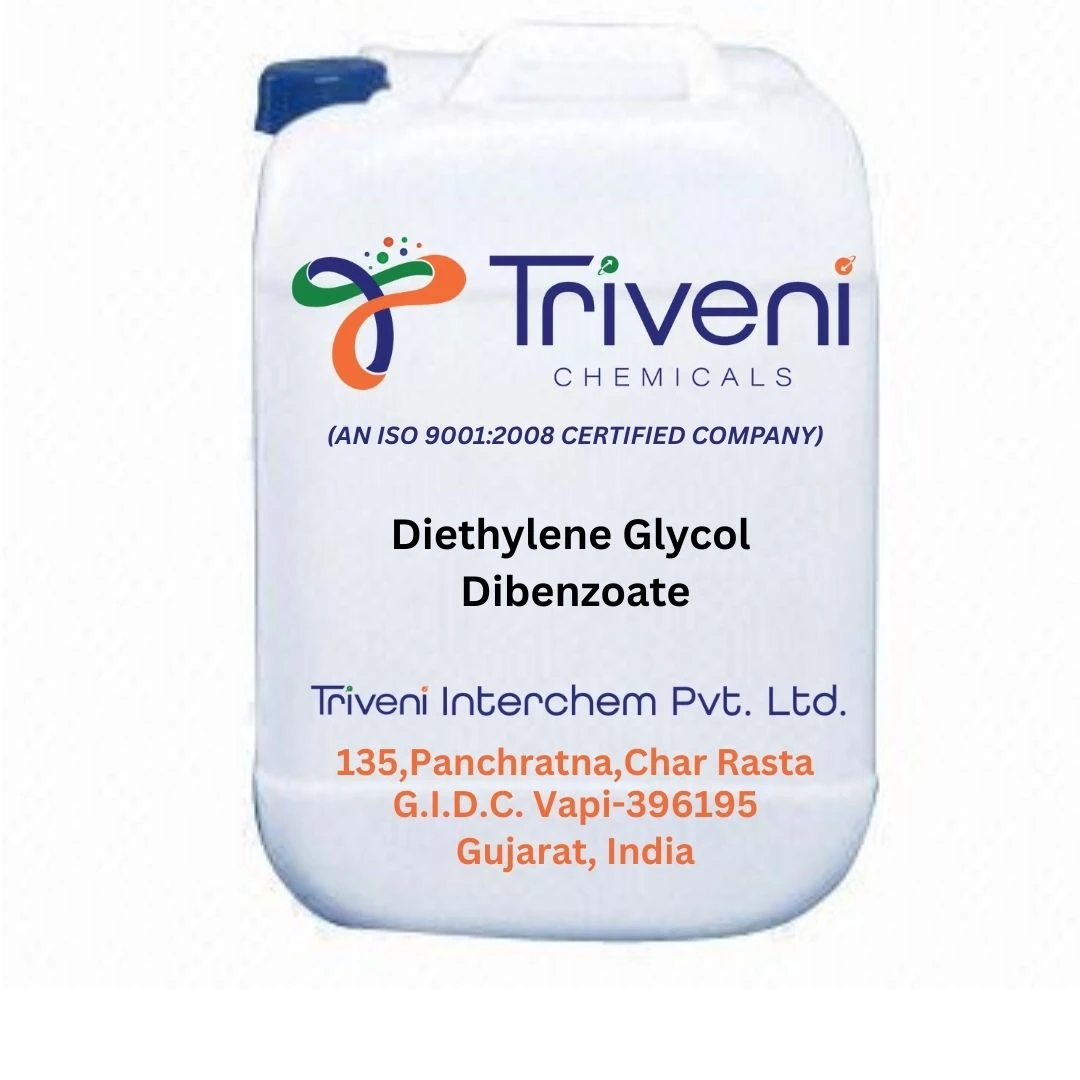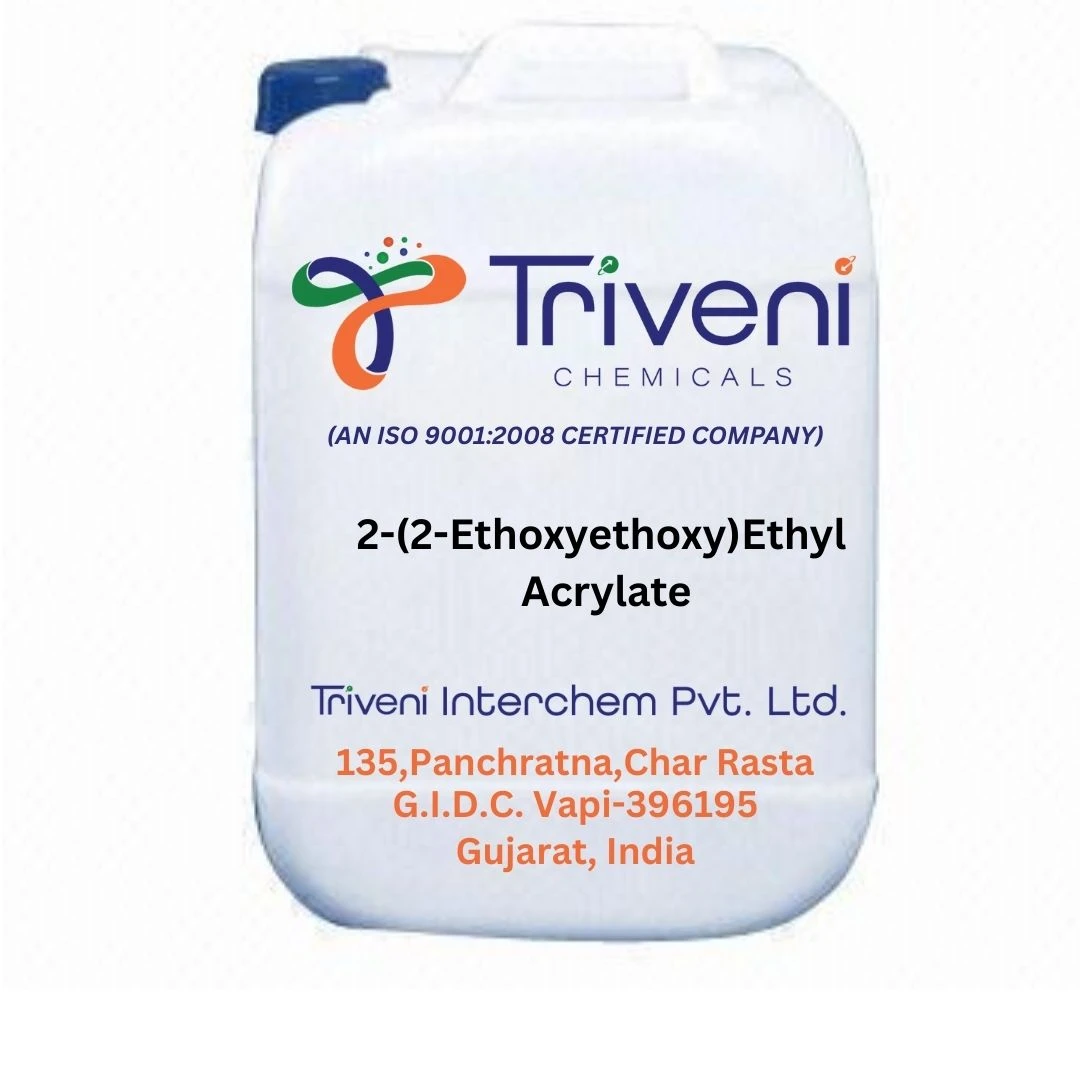A common industrial procedure is polyvinyl chloride (PVC) coating, which is coating different materials with PVC to improve their characteristics. PVC is a multipurpose plastic that is well-liked for coating applications in a variety of sectors due to its strength, resilience to chemicals, and affordability.Qualities and Advantages The great protection..
A common industrial procedure is polyvinyl chloride (PVC) coating, which is coating different materials with PVC to improve their characteristics. PVC is a multipurpose plastic that is well-liked for coating applications in a variety of sectors due to its strength, resilience to chemicals, and affordability.Qualities and Advantages The great protection that PVC coating offers against environmental variables is one of its main features. PVC-coated materials are ideal for outdoor and harsh environment applications because of their exceptional resistance to moisture, corrosion, and abrasion. Additionally, the coating has electrical insulating qualities that are advantageous for the manufacture of cables and wires. PVC coating also improves the underlying material's aesthetic attractiveness. It can be customized and branded because it can be created in a variety of colors and finishes. PVC's elasticity makes it perfect for coating materials that need to be somewhat pliable, such textiles and flexible hoses.Uses Applications for PVC coating are numerous. It is used on steel and aluminum in the construction sector to stop rust and corrosion, increasing the life of things like metal roofing, pipelines, and bridges. PVC-coated fabrics are utilized in the automobile industry for convertible tops, seat covers, and car interiors because they are easy to maintain and long-lasting. PVC coating is also advantageous to the medical sector, especially in the manufacturing of tubing and medical instruments, where sterility and cleanliness are essential. Conveyor belts and processing surfaces in the food sector are made of PVC-coated textiles, which are resistant to chemicals and need to be cleaned frequently.Environmental Aspects to Take into Account Despite the many advantages of PVC coating, questions have been raised about the environmental impact of PVC's production and disposal. Chlorine and other potentially environmentally hazardous chemicals are used during the manufacturing process. On the other hand, technological developments have prompted the creation of more environmentally friendly PVC production processes and recycling initiatives. Moreover, initiatives are being undertaken to increase the recyclable nature of PVC-coated materials. Recycling PVC contributes to a decrease in trash and the negative effects of its disposal on the environment. Furthermore, research is still being done to create eco-friendly coating materials that provide comparable advantages without harming the environment.In summary PVC coating is still a useful procedure in many industries because of its cost-effectiveness, adaptability, and protective qualities. PVC raises certain environmental concerns, but these are being lessened by technology developments and recycling programs. The application of PVC coatings is probably going to change as long as companies keep coming up with new ways to combine sustainability and performance.



